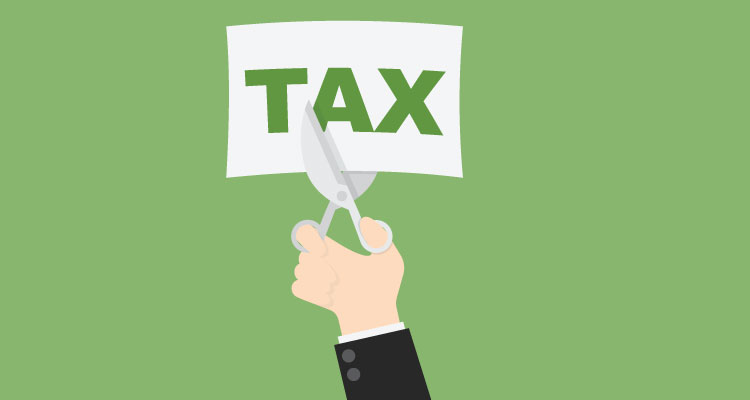Entrepreneurs May Be Heading To Florida For Better Tax Breaks
Entrepreneurs are always looking for tax breaks, and for good reason. Although it’s a dream come true, working for yourself (especially in today’s gig economy) is expensive. Entrepreneurs in the US who are self-employed – meaning, they don’t have a job with a W2 – are required to pay both income tax and self-employment tax to the Federal government. Most states require residents to pay state income tax as well.
The new tax breaks signed into law by President Trump take effect this year, but we won’t see the benefits until 2018 taxes are filed in 2019. When taxes are filed next year, the standard deduction will basically double, which will help many entrepreneurs.
Many businesses have set up shop in states like Florida, for example, due to the lower state taxes. Historically, those breaks haven’t been significant enough for small businesses or entrepreneurs to consider uprooting their entire life to move. Though, Trump’s significant adjustments to the tax brackets as well as deductions could cause entrepreneurs to consider that move.
Florida is a potential domicile for entrepreneurs
Itemized deductions now cap out at $10,000 which, according to CG Trust, “will likely hurt taxpayers and homeowners in high tax states.” They explain that due to Florida’s reasonable sales tax (referred to as SALT), it’s a compelling domicile from a tax perspective. Maybe not for large businesses that won’t see a significant benefit, but for entrepreneurs it’s a high possibility.
Florida has many points of appeal from a tax perspective. They don’t charge state income tax for individuals. However, there’s a 6% tax for corporations. This means entrepreneurs who are still in the early stages of developing their business can avoid the big taxes (for now).
Even though buying a home isn’t a business expense, being able to save money in that arena still has a positive impact on an entrepreneur. Every entrepreneur needs a place to live, and as of 2012, Florida declared the first $25,000 of a home’s value to be exempt from city and county taxes. The following $25,000 of value is only subject to school taxes. Beycome, a Miami-based FSBO real estate company and listing platform, explains what kinds of home sale taxes entrepreneurs need to keep in mind.
Another tax break Florida residents enjoy is the lack of inheritance tax. If you’ve played your share of the game Monopoly, you’ve probably had a bit of practice paying that pesky inheritance tax. As of 2012, Florida eliminated inheritance tax. If someone wills you money, you get to keep all of it.
The same is true for estate tax, which was eliminated in 2004. While inheritance tax is paid for by the inheritor, estate tax is paid for by the person who owned the estate prior to its distribution. Thankfully, neither of these taxes apply in Florida.
While many of the tax breaks in Florida have nothing to do with running a business, they reduce the amount of tax an individual has to pay during the course of living their life. So, even though the tax breaks apply to the individual, they still reduce an entrepreneur’s expenses.
Additional tax breaks in Florida
According to Enterprise Florida, the state has:
- No corporate income tax on limited partnerships
- No corporate income tax on Subchapter S-corporations
- No state personal income tax
- No corporate franchise tax on capital stock
- No state property tax
- No property tax on business inventories
- No property tax on goods-in-transit for 180 days
- No sales and use tax on goods manufactured in Florida that are to be exported out of state
- No sales tax on raw materials used to resell, including packaging
There are also plenty of sales and use tax exemptions including:
- Electricity used in manufacturing
- Boiler fuels like natural gas used in manufacturing
- The labor component of research and development expenditures
- The manufacture, modification, sale, lease, repair, and maintenance of aircraft parts
- Entertainment production companies that produce motion pictures, television series, and music videos
For entrepreneurs who don’t mind the hot sun, Florida might become a sanctuary. We’ll see what happens in the next few years.




